What Is a Residential Care Home and What Does It Offer?
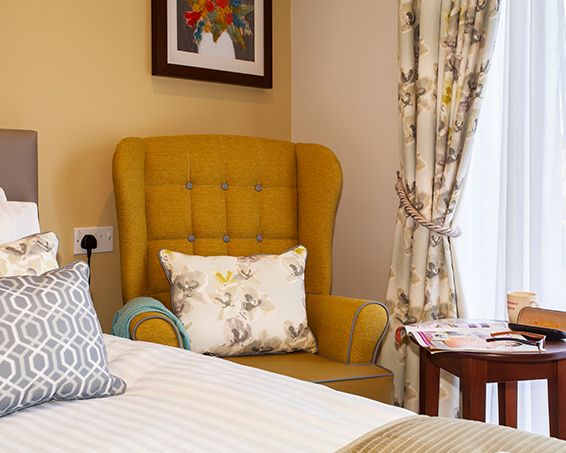
As we or our loved ones get older, certain everyday tasks can start to feel like a challenge. Whether it’s managing household chores, taking medication or simply staying connected with others, it’s not unusual for elderly people to need a little more support as time goes on.
That’s where residential care comes in.
If you're just starting to search online or thinking about what the next step might be for a family member, understanding what residential care really involves is a helpful place to begin.
Understanding Residential Care
A residential care home is a safe and supportive place where older people who can no longer live independently receive help with everyday tasks. Things like washing and dressing, taking medication, and getting around the home are taken care of by trained staff. It’s ideal for those who don’t need frequent medical attention but would benefit from structure, companionship and round-the-clock support.
Unlike nursing care, which is better suited to those with a complex medical condition requiring qualified nurses, residential care is more about offering personal care, reassurance and a sense of community. Residents can enjoy life without the stress of running their own home, while still keeping their independence where possible.
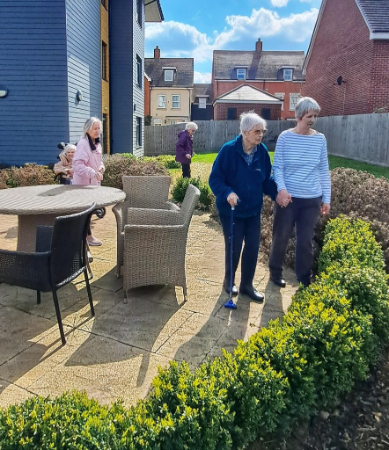
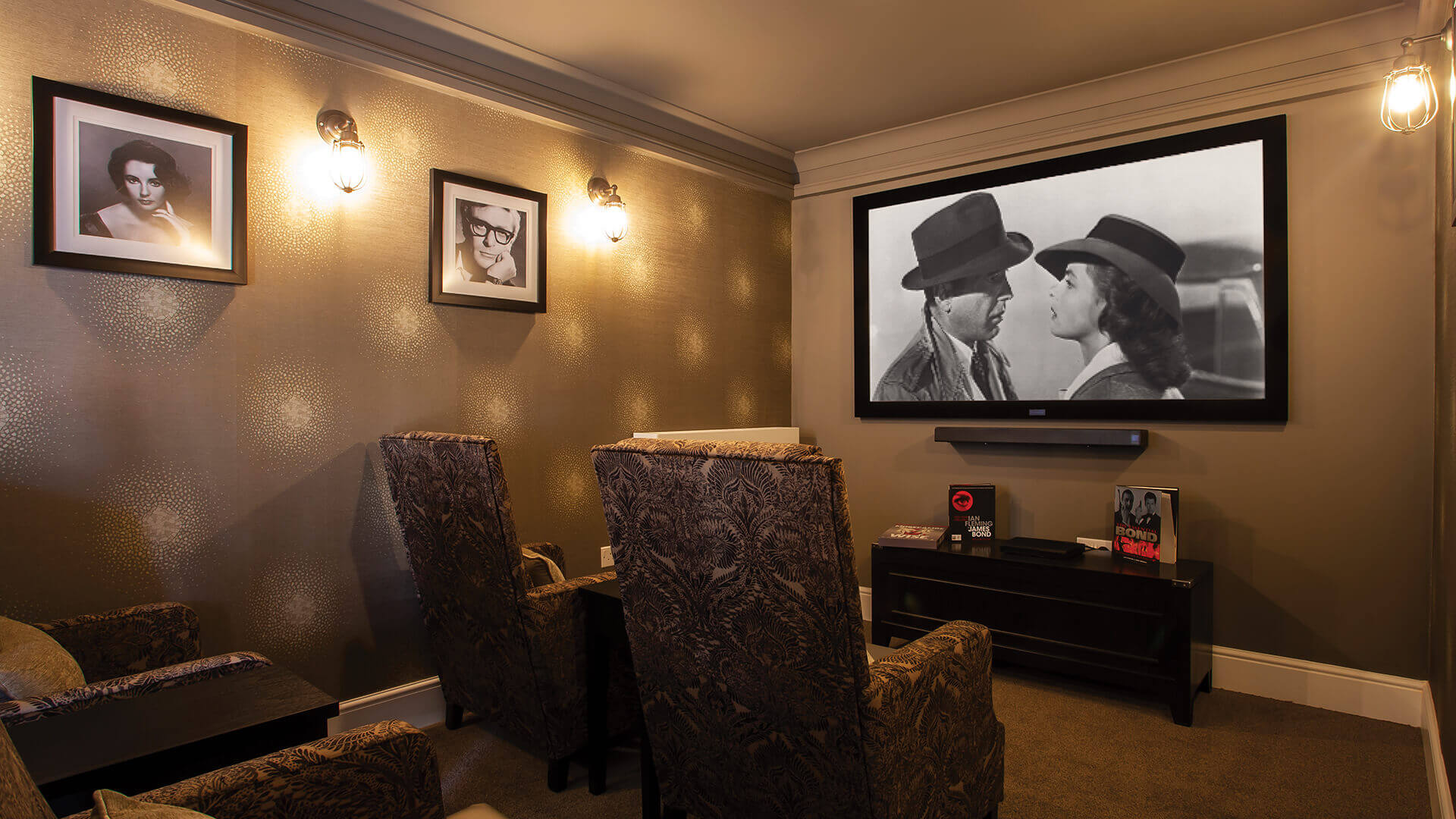
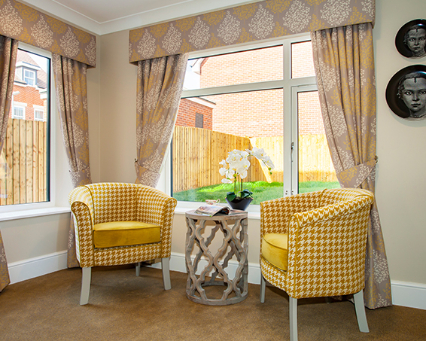
What Does Life Look Like in a Residential Setting?
When you walk into a residential care home, you won’t feel like you’re walking into a hospital. That’s because a residential care setting is designed to feel like home. Residents have their own bedroom, personalised with familiar belongings. There are welcoming communal spaces, cosy lounges, and often beautifully kept gardens for a bit of fresh air and peace.
But it’s not just about the building. Life in a residential care home is about the people. There’s always something going on, from social events and day trips to gardening, games and crafts. These activities aren’t just fun, they also promote well being, social interaction and a renewed sense of purpose.
Personalised Support, Every Step of the Way
In most modern care homes, every resident will receive a personalised care plan. This plan ensures their needs, routines and preferences are always front and centre. Whether it’s help with daily living, emotional reassurance or gentle reminders when it comes to taking medication, an experienced team will always be nearby.
Also, needs can change. That’s why care plans are regularly updated, and carers work closely with residents and their families to make sure care evolves over time. For those with more complex requirements, nursing care can be provided or even dementia care as part of a smooth continuum of care.
Peace of Mind for Families
One of the biggest benefits of residential care is the relief it brings to families. Knowing your loved one is safe, well looked after and supported by friendly staff offers comfort like nothing else. There’s also the knowledge that round the clock care is available, day and night, no matter what.

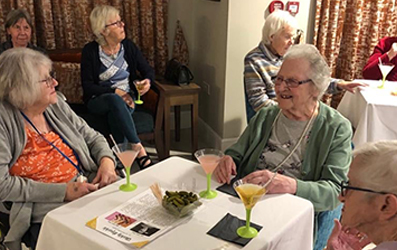
How is Residential Care Different from Nursing Care?
There can be some confusion around the difference between residential care and nursing care, and it’s a good question to ask. The main distinction is medical need. In a nursing care setting, qualified nurses are present to care for residents with complex medical or physical disability needs. This could include things like advanced Parkinson’s, recovering from surgery, or someone requiring NHS funded nursing care.
If the person in question simply needs help with personal care, meals, mobility and companionship, a residential setting is likely to be the better fit.
How is Residential Care Funded?
The cost of residential care varies depending on the location, facilities and level of support provided. Some residents may qualify for help from their local authority, which will carry out a financial assessment and a needs assessment to decide whether they’re eligible for support.
If you’re a self funder, meaning you pay for care yourself, the care team will likely be happy to talk through options and explain what’s included. They can also point you in the right direction if you need to speak to the benefits office about potential support, such as disability benefits.
What Makes a Good Residential Care Home?
When looking into care homes, it’s always worth doing your homework. Read the latest Care Quality Commission report. Visit in person. Chat to staff and residents. A good home will feel welcoming the moment you walk through the door.
It’s also a good idea to ask about the activities on offer, the food, and the little touches, like whether there’s a hair salon or somewhere for nail care. These things might sound small, but they help enhance residents’ lives in a big way.
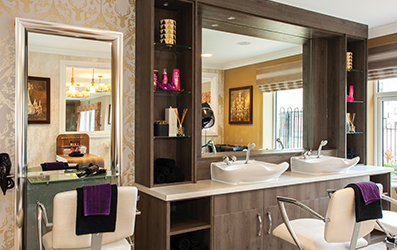
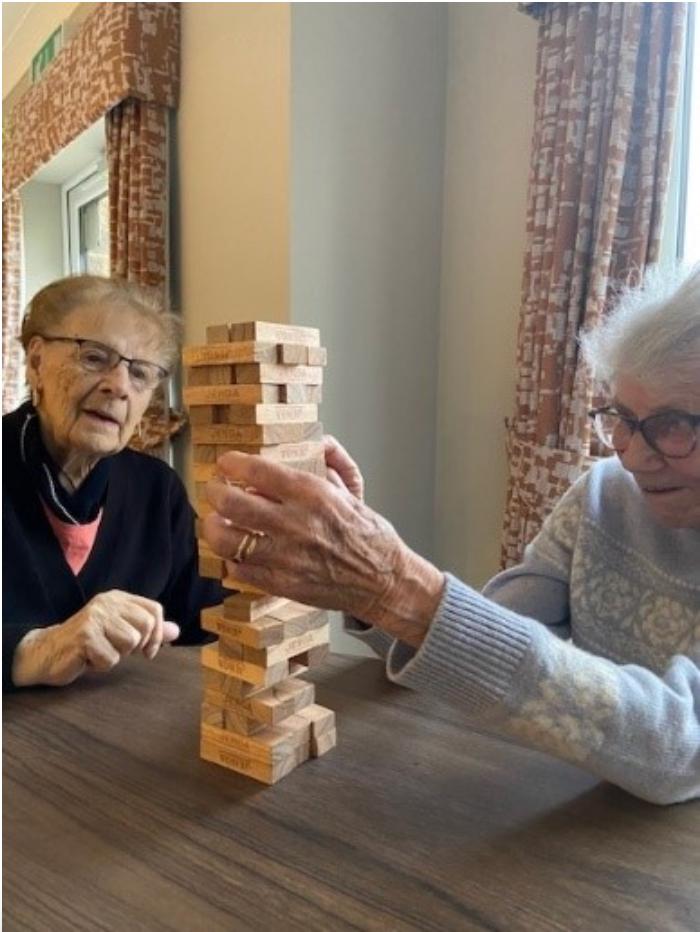
Could Residential Care Be Right for You or a Loved One?
Residential care isn’t for everyone, but it can be life-changing for those who require assistance with daily living but don’t need constant medical care. If an older person is feeling lonely, struggling with household chores, or simply needs a little extra support, moving into a residential care home could help them thrive.
Discover Residential Care at Penrose Court Care Home in Biggleswade
At Penrose Court in Biggleswade, we offer much more than just support - we offer a home. From day one, our team works to build relationships, understand each resident’s story, and deliver care that feels personal, respectful and genuinely warm.
Whether you’re looking for residential care, nursing care or simply want to explore other services available to you or a family member, our home in Biggleswade is ready to welcome you. We’re proud of the environment we’ve created – one that combines care and support with comfort, companionship and peace of mind.
To learn more, arrange a visit or speak to a member of our team, get in touch with our friendly team today.




